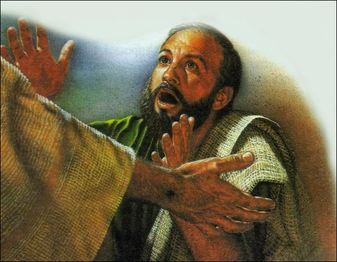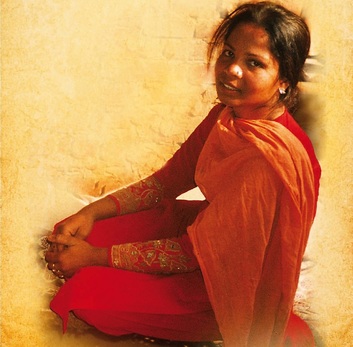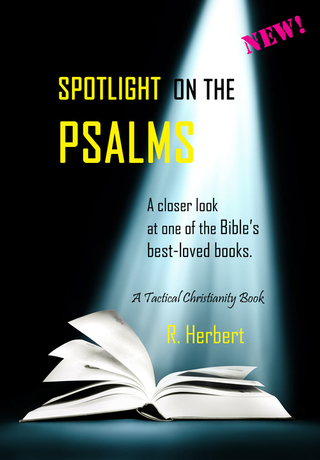
Even those of us who believe faith should involve the head as well as the heart have not embraced Thomas as the poster-disciple of reasonable faith, but why is this – why do we doubt Thomas? Looking at the story – which is found in chapter 20 of the Gospel of John – is instructive:
“Now Thomas (also known as Didymus), one of the Twelve, was not with the disciples when Jesus came. So the other disciples told him, “We have seen the Lord!” But he said to them, “Unless I see the nail marks in his hands and put my finger where the nails were, and put my hand into his side, I will not believe.” A week later his disciples were in the house again, and Thomas was with them. Though the doors were locked, Jesus came and stood among them and said, “Peace be with you!” Then he said to Thomas, “Put your finger here; see my hands. Reach out your hand and put it into my side. Stop doubting and believe.” Thomas said to him, “My Lord and my God!” Then Jesus told him, “Because you have seen me, you have believed; blessed are those who have not seen and yet have believed” (John 20:24-29).
Although the account is often repeated as an example of unbelief, there is really nothing in it to say that Christ chastised Thomas in any way. We should remember that doubt had marked the response of all the disciples from the very first reports of the resurrection. Although Mary Magdalene, who had gone to the tomb and found it empty, reported this to Peter and John (John 20:2), apparently even John himself did not believe the resurrection had occurred till he saw evidence with his own eyes: “Finally the other disciple [John], who had reached the tomb first, also went inside. He saw and believed” (John 20:8).
More importantly, John tells us that all of the disciples – except Thomas who was not present – were given the opportunity to see Christ, and at that time “he showed them his hands and side” (20:19). Luke adds further details, and tells us that when Christ appeared to them at that time:
“They were startled and frightened, thinking they saw a ghost. He said to them, “Why are you troubled, and why do doubts rise in your minds? Look at my hands and my feet. It is I myself! Touch me and see; a ghost does not have flesh and bones, as you see I have.” When he had said this, he showed them his hands and feet” (Luke 24:37-39).
So every one of the disciples had opportunity not only to see the resurrected Christ, but also to see the marks of his wounds. This helps us to understand Thomas’ specific mention of wanting to see the same things, but we can hardly judge Thomas as a doubter of the resurrection any more than the other disciples who thought they saw a ghost and had to be given the opportunity of visible evidence before accepting the resurrection as fact.
When Jesus did appear to Thomas and the others later, he did not chide Thomas as “you of little faith” in the way he had so often rebuked the disciples when they beheld the miracles of his ministry; he simply gave Thomas the same opportunity to see him that the other apostles had already been given. We should realize that Jesus’ words: “blessed are those who have not seen and yet have believed” (John 20:29) were given for us, not for Thomas.
We should also remember the importance of belief based on seeing for all of the apostles. In his great sermon of Acts 2, Peter himself stressed that the proof of the resurrection was that all the apostles were witnesses – they had seen Christ with their own eyes (Acts 2:32) – and there is no indication any of them would have believed if they had not seen him.
Tradition tells us that after seeing the resurrected Christ, Thomas’ firm belief led him to do extensive and powerful works in preaching the Gospel until his faithful martyrdom as far to the east as India. He was never called “Doubting Thomas” in the early Church, and the Scriptures clearly indicate that, along with the other original apostles, he will have an honored position in the Kingdom of God (Revelation 21:14). Thomas’ belief, once he established it, was a full and powerful faith – and there is no reason to doubt that.





 RSS Feed
RSS Feed
